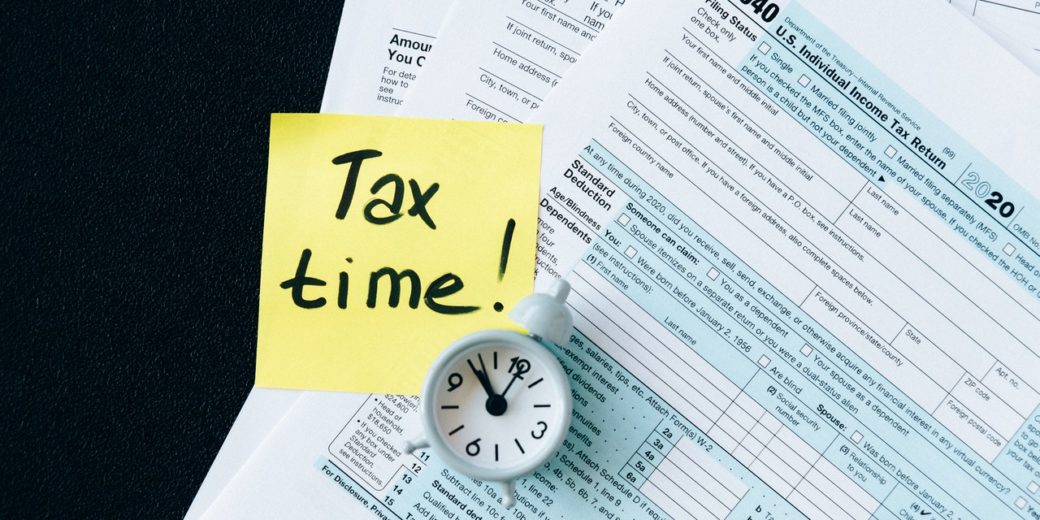7 Legal Ways to Decrease Your Tax Liability

If there is anything worse than filing your taxes, it’s finding out that you owe money at the end of the year. While everyone is posting to social media about their massive returns and what they plan to do with them, you’re over there wondering how you’re going to come up with the funds to pay off your liability quickly but without disrupting your monthly budget. If you’re tired of playing musical funds to accommodate your tax debt, or if you, for once, want to receive a refund rather than owe money, use these tips to legally reduce your tax bill in 2022.
1. Max Out Your Retirement Contributions

One of the best methods for reducing your tax liability is contributing to your tax-deferred retirement account. Most employers offer plans that allow employees to defer part of their salary to a 401(k) or similar account and, in exchange, match contributions. By electing into one of these plans, you can not only build your savings but also, reduce your tax liability by the amount you put away.
2. Adjust Your W-4

If you routinely end up with a hefty tax bill while your coworkers get enviable refunds, it may not be that you earn too much but rather, that you withhold too little. Ask your employer if you can revisit your W-4 and adjust it as necessary.
[insert page='Offer' display='content']
3. Claim a Home Office Deduction

If you have a side gig or work exclusively for yourself, you may be able to claim a home office deduction. To calculate how much this could save you on your tax bill, calculate how much of your home your office takes up. If it’s, say, one-fifth of the size of your home, you can deduct one-fifth of your rent or mortgage payment each month. You can also deduct one-fifth of your utility expenses.
4. Write Off Travel Expenses

If you travel solely for business purposes, you can claim 100% of the costs as a deduction. However, say you travel for pleasure but mix a bit of business in while you’re away. You can deduct the percentage of your trip that you spent conducting business from any business-related expenses, including hotel, airfare and car rentals.
5. Set Aside Money for College

If you have a child at home who has visions of going to college, help him or her work toward that dream while reducing your tax liability at the same time. A 529 plan is a tax-deferred account that lets you save for college and reduce your reportable income. So long as your child uses the funds for school-related expenses, they will remain tax-free.
6. Make Charitable Contributions

You don’t necessarily have to donate money to benefit from this write-off (though doing so doesn’t hurt) — you simply need to donate items you no longer need or use. The rules for charitable donations vary depending on the items you donate, but in general, you can deduct up to 60% of your adjusted gross income
7. Get School Credit

If you decide to go back to school, you may be able to earn up to $2,500 per year as a tax credit for your first four years in college. After that, you can use the lifetime learning credit to improve your job skills and reduce your tax liability. This credit is worth up to $2,000 per year.
You don’t have to be stuck with a sizeable tax bill each year. By taking the above steps, you can reduce your liability or, possibly, join in on the refund fun this coming year.
